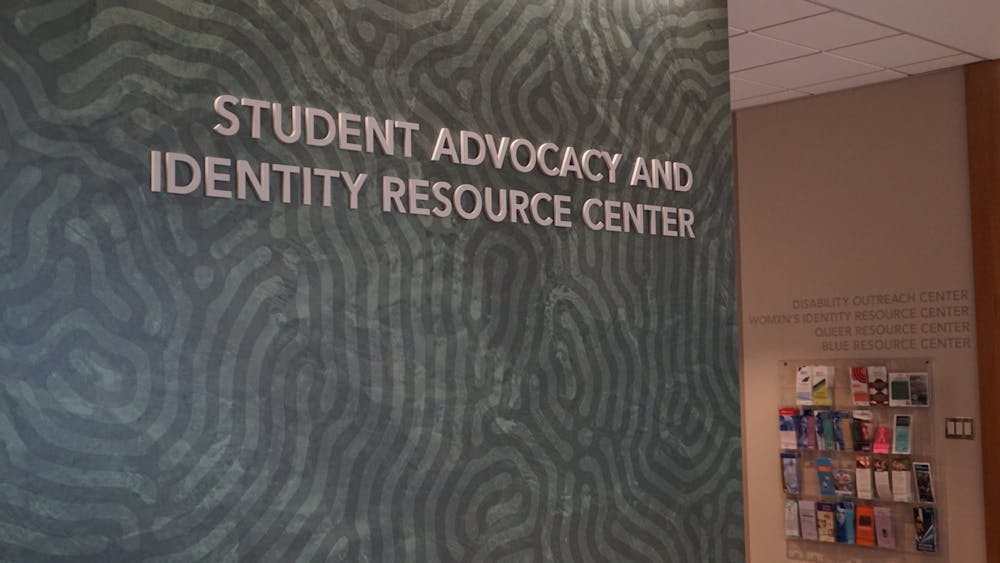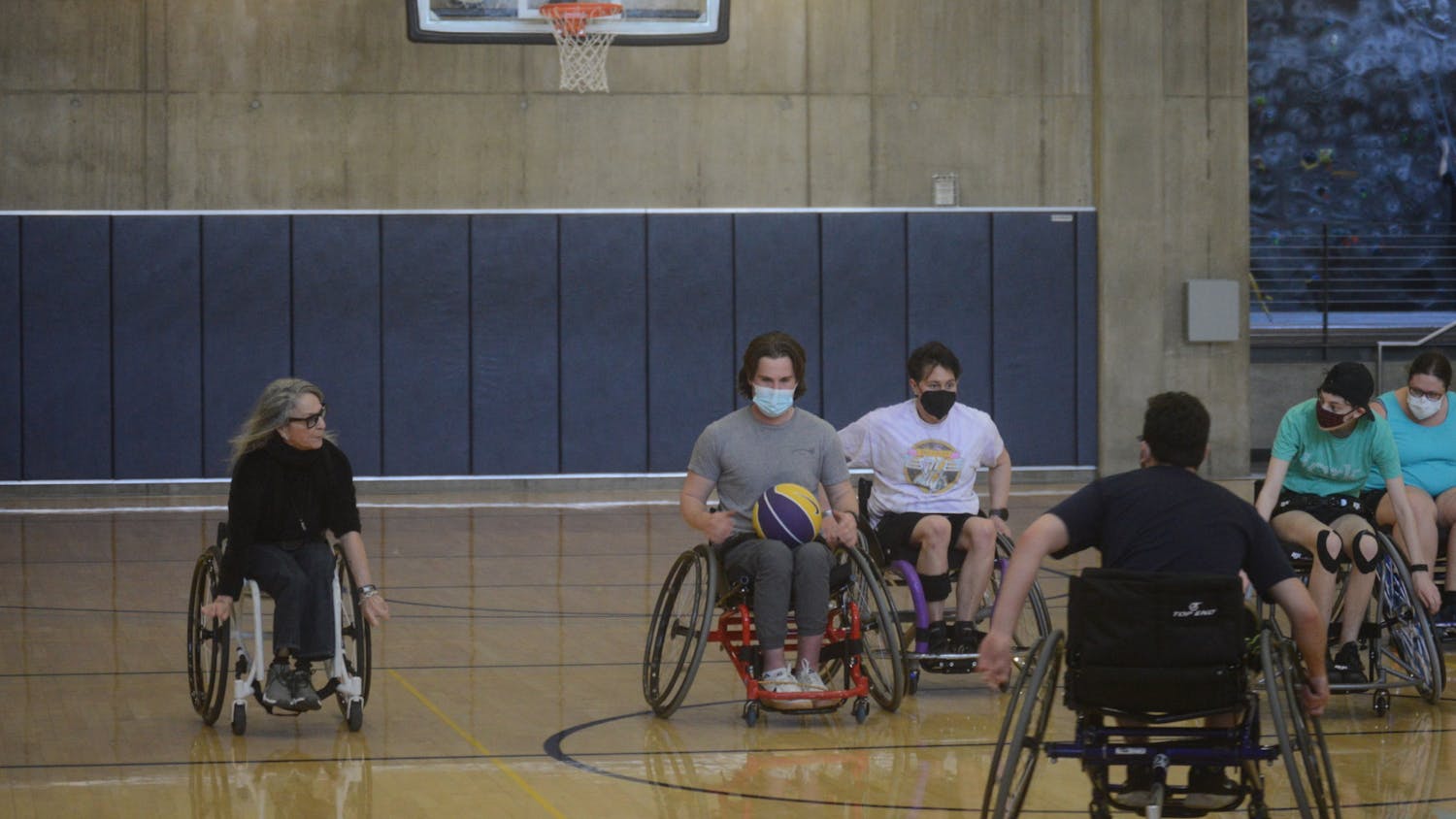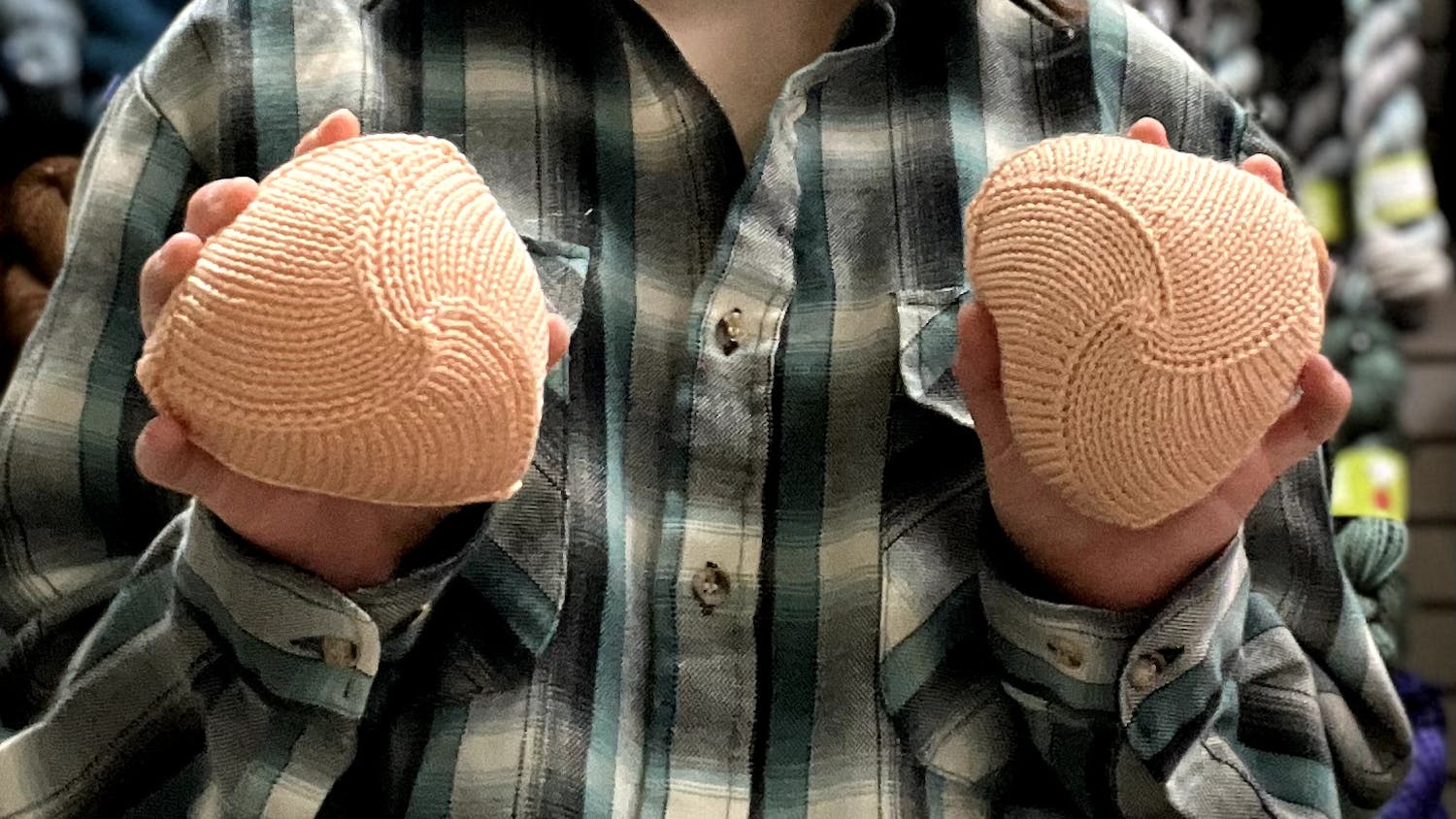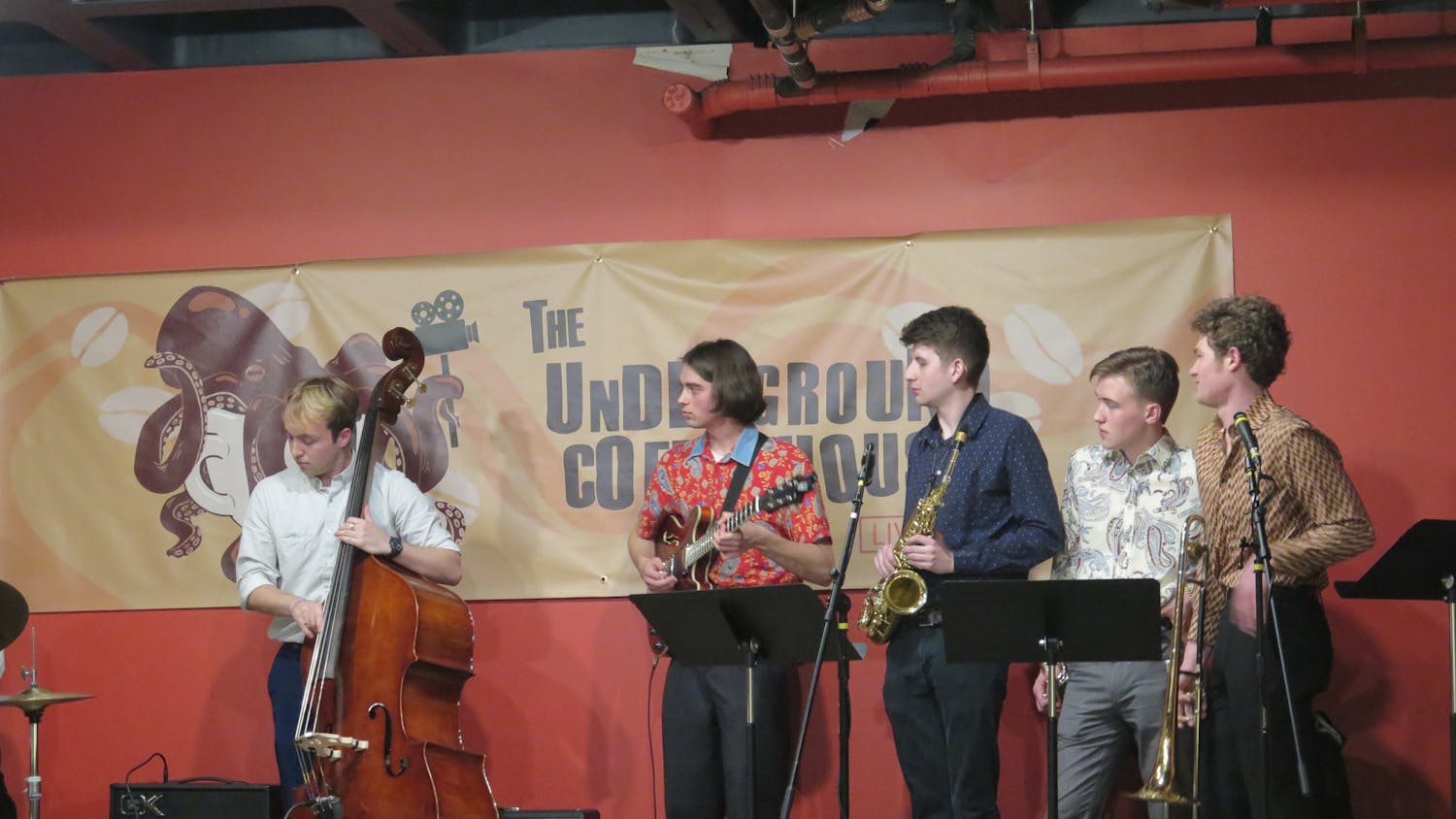The Western Washington University Gender Liberation Resource Center announced its official renaming April 21, which it believes is more inclusive and better represents the organization’s mission.
Formerly the Womxn’s Identity Resource Center, a name change had been discussed for some time, according to Reika Sasano, Advocacy Coordinator for the GLRC.
“The name change conversation came up before our time, with previous coordinators,” Sasano said. “The official process of the name change began in fall quarter.”
Announced via Instagram post, the news was well-received. One positive comment was left by WWU Generation Action, a Western club that advocates for the protection of reproductive rights.
“I think everyone should continue the work to make our school more inclusive, whether that be changing the language we use or how our institution functions,” said Jade Phillips, Coordinator for Generation Action in an email. “Though, most importantly we should listen to the people most affected by these changes and use their guidance.”
The decision primarily centered around the former name’s incorporation of the word “Womxn.” The term, which became popular in the early 2010s in feminist circles, has been criticized for its use in trans-exclusionary contexts.
Chantz Glover, advocacy coordinator for the WWU Queer Resource Center, agrees with this assessment.
“I think the name change is a step towards more inclusivity, especially for trans women and non-binary individuals,” Glover said. “The term womxn with the ‘x’ has been sort of divisive in the past. It hasn’t necessarily been the most inclusive because it kind of overlooks the idea that trans women are just women outright.”
The GLRC is not a resource just for women, according to its staff, and supports a broader demographic of the Western community.
“The Gender Liberation Center serves as a resource for students with marginalized gender identities,” said Ashe Tippens, community engagement coordinator for the GLRC.
“What we’ve done with our programming is find areas where folks with marginalized genders might be impacted disproportionately,” Tippens said.
The phrase “Gender Liberation” better describes the mission of the center, Tippens said. The name allows the center to address the spectrum of gender issues the center can help with. The former name came with limitations due to transphobic connotations, and other organizations were hesitant to work with the center because of this.
“Our main goal is to create safe spaces for marginalized genders to feel heard and seen, when in many cases they don’t feel that way,” said Leah Gustafson, Educational Programming Coordinator for the GLRC. “We want to be a resource for different communities that historically have not been seen or heard.”
The center’s current project is a series of events collectively known as The Late Capitalism Survival Guide, which seeks to empower community members and foster mutual aid.
“We do work finding ways that we can materially help students, especially those with marginalized genders,” Tippens said.
“Even though we’re the Gender Liberation Resource Center, we also try to include other identities that aren’t necessarily associated with gender,” Sasano said. “All of the events that we are doing discuss that oftentimes our identities aren’t super separate.”
The first event in the series was held Wednesday, May 4 and focused on housing justice and tenants’ rights. The events will continue for two subsequent Wednesdays.
Finn Kurtz (they/he) is the Opinion and Outreach Editor of The Front for summer quarter. He is a history and political science double major and a journalism/news editorial minor in their fourth year at Western. In his free time, he enjoys looking in bookstores, going on walks in the woods, and trivia.
They can be reached at finnkurtz.thefront@gmail.com.






